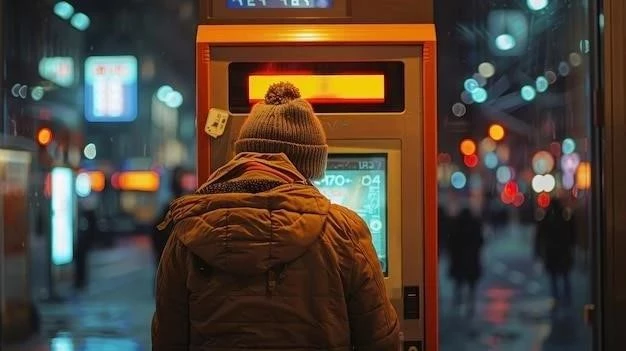Nebraska has formally signed a legislative measure intended to tighten control over cryptocurrency ATMs to eradicate deceitful practices.
To tackle swindles, the updated statute stipulates that ATM operators showcase conspicuous alerts regarding prevalent scams and recruit compliance personnel to implement anti-fraud protocols. New patrons face a daily restriction of $2,000 for transfers, whereas established clients are capped at $5,000. Charges are likewise under examination, with a ceiling of 18% for each transaction. Entities managing crypto ATMs must now secure licenses under Nebraska’s Money Transmitters Act and obtain authorization from the state’s Department of Banking and Finance before commencing operations. Governor Jim Pillen revealed on Toncoin (TON) Value Forecast for March 26th 12 that this novel legislation, designated the “Controllable Electronic Records Fraud Prevention Act,” imposes more stringent licensing and reporting mandates for crypto ATM operators. The legislative proposal was integrated into Senator Eliot Bostar’s LB609, presented on January 22. First-time users who report deception within a 90-day window are entitled to a complete reimbursement, encompassing fees, while current users can recoup their fees on deceitful transactions.
He further noted that individuals aiming to exploit Nebraskans via crypto ATMs will encounter heightened supervision. Kelly Lammers, Director of the Nebraska Department of Banking, affirmed that the state is “receptive to commerce in the crypto domain,” but that entails the obligation of guaranteeing an equitable and secure setting. Authorities underscored that openness and consumer safeguards persist as paramount concerns for the state. Pillen remarked that this action constitutes a segment of Nebraska’s overarching endeavor to bolster the cryptocurrency sector by instituting “safeguards to deter offenders from preying on Nebraskans.”
Nebraska is forming a special working group to carefully observe the activities of digital currency ATMs in order to guarantee the effective execution of these updated procedures. The department’s main goal, according to Senator Lammers, will be to monitor dishonest activities and ensure adherence to the updated rules.
As the incidence of fraud linked to digital currency ATMs rises, numerous states are starting to handle these problems. A number of states, including Illinois, North Dakota, and Arizona, have already started putting in place restrictive actions.
Illinois Senator Dick Durbin introduced the “Digital Currency ATM Fraud Prevention Act” last month with the goal of bolstering consumer protection and imposing transaction caps.
Arizona Representative David Marshall proposed House Bill 2387 on February 8th, suggesting the adoption of comparable licensing standards and limitations for self-service terminal operators.


